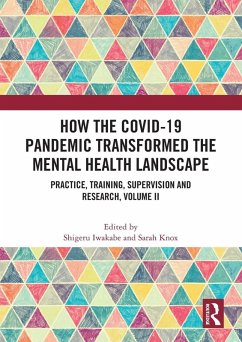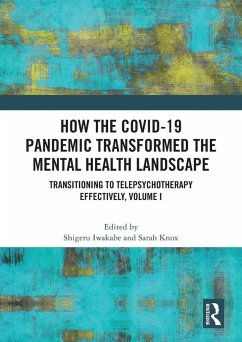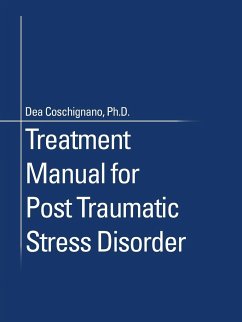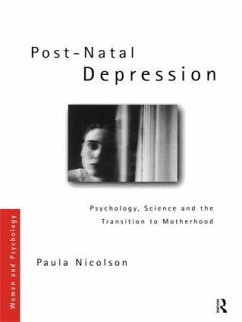
The Post-Pandemic Child
Versandkostenfrei!
Versandfertig in über 4 Wochen
15,99 €
inkl. MwSt.

PAYBACK Punkte
8 °P sammeln!
In March 2020, schools and childcare centres across Australia were forced to close to control the spread of the recently arrived novel coronavirus (COVID-19). Families and carers suddenly had to adjust to long periods of home-schooling, disparities in the availability of technology, loss of social connections with friends and relatives, and an exhausting new balancing act of work, home and schooling commitments-- all in a confined environment. In the wake of the resulting emotional burnout, heightened by spontaneous lockdown measures and growing COVID-19 cases, we witnessed an exponential rise...
In March 2020, schools and childcare centres across Australia were forced to close to control the spread of the recently arrived novel coronavirus (COVID-19). Families and carers suddenly had to adjust to long periods of home-schooling, disparities in the availability of technology, loss of social connections with friends and relatives, and an exhausting new balancing act of work, home and schooling commitments-- all in a confined environment. In the wake of the resulting emotional burnout, heightened by spontaneous lockdown measures and growing COVID-19 cases, we witnessed an exponential rise in youth anxiety, triggering a mental health crisis in children as young as those of kindergarten age. Three years later, what does the post-pandemic child look like? What does the future hold for the millions of young Australians whose formative years were so disrupted? And what help must we urgently provide to this generation of children who found themselves coping with a once-in-a-lifetime pandemic? In The Post-Pandemic Child, Kim Cornish takes us through the key challenges now faced by Australian children, including the return to in-person schooling and the ramifications of online teaching and missed years of social interaction. She also examines the short- and long-term consequences for this ' pandemic generation', and the priorities in enabling these children to regain what was lost during the early years of COVID-19.












